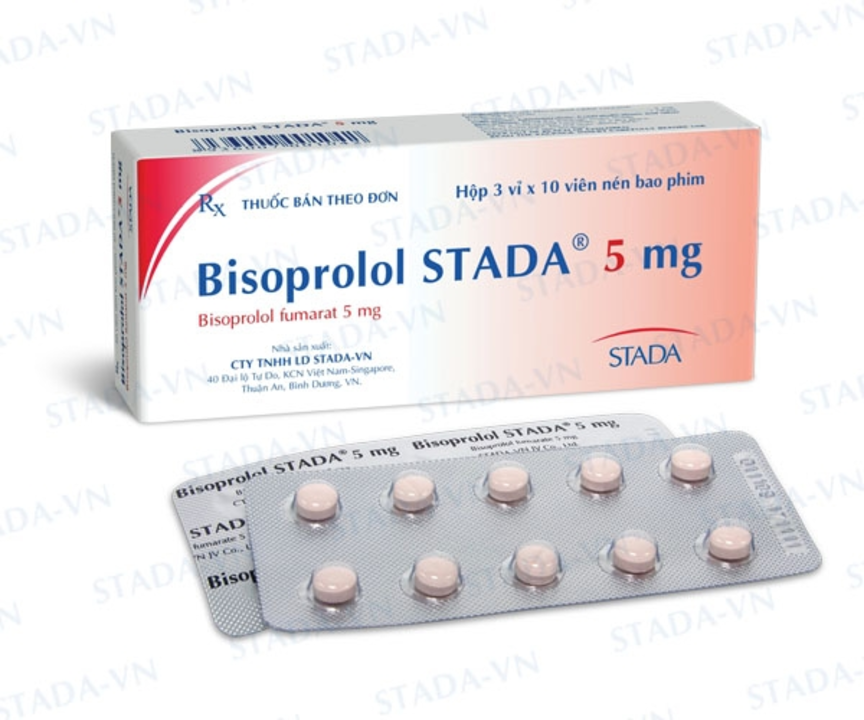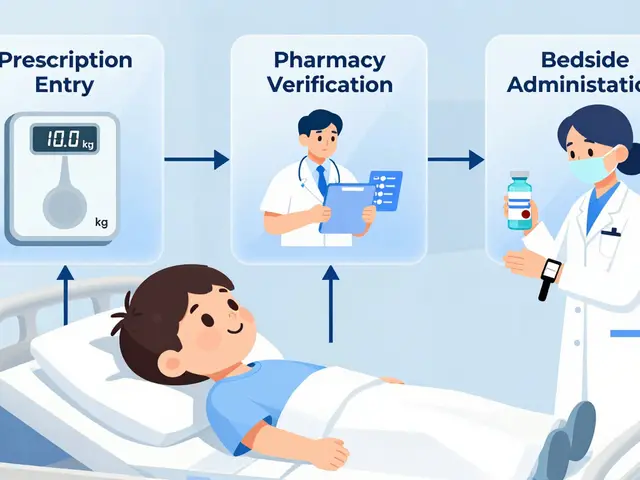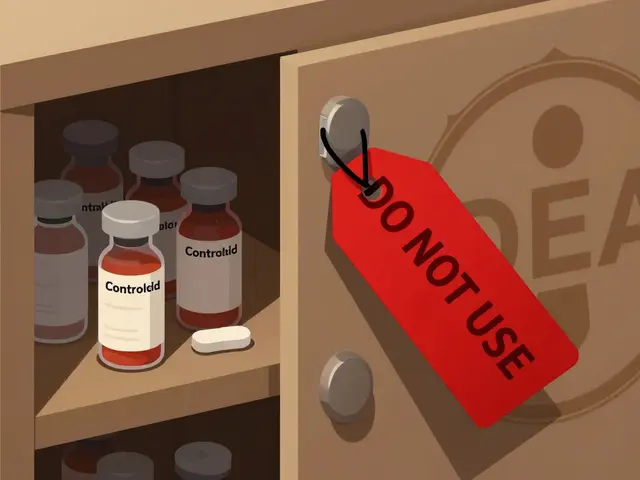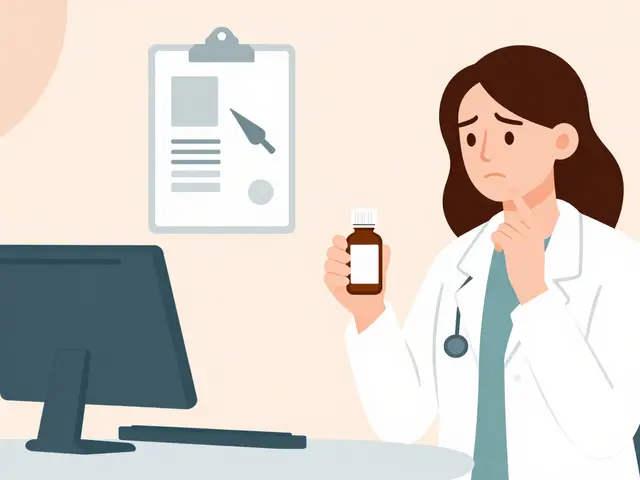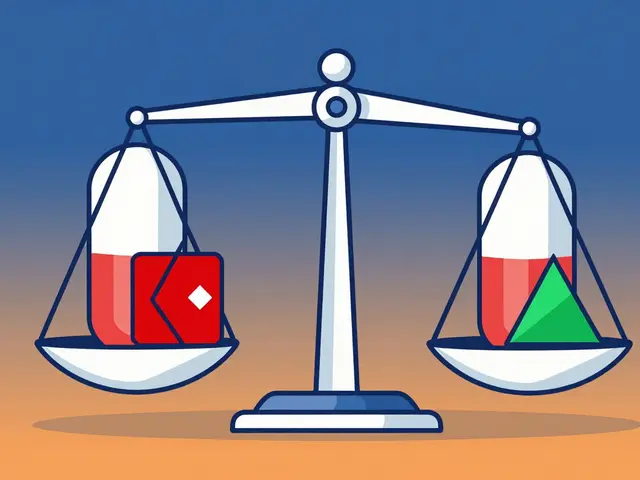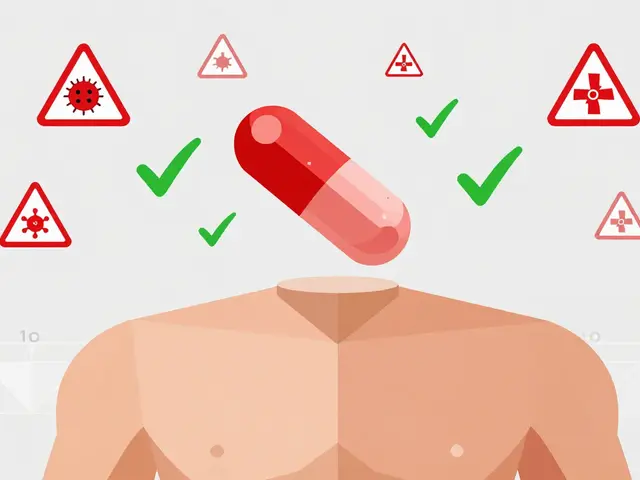Biosoprolol (Bisoprolol): What You Need to Know
Seeing the word "biosoprolol" and wondering what that means? Most people mean bisoprolol — a beta-blocker used to slow your heart and lower blood pressure. This page gives straightforward, useful facts: how it works, when doctors use it, common side effects, and simple tips for taking it safely.
How biosoprolol works and when it's used
Bisoprolol reduces the workload on your heart by blocking certain stress signals (adrenaline). Doctors commonly prescribe it for high blood pressure, heart failure, and angina (chest pain). If you have irregular heartbeats or need long-term heart protection after certain events, bisoprolol can be part of the plan.
Typical doses vary. For high blood pressure, you might start low (like 2.5–5 mg once daily) and adjust up. For heart failure, doctors often use a careful step-up schedule. Never change dose on your own — talk with your prescriber before adjusting.
What to watch for: side effects and warnings
Common side effects are tiredness, dizziness, cold hands or feet, and a slower pulse. These often improve after a few weeks. If you feel faint, have trouble breathing, or your heart rate falls very low, contact your doctor right away.
There are situations where bisoprolol may not be safe. If you have asthma or severe COPD, it can make breathing worse. People with certain heart conduction problems, very low blood pressure, or untreated heart failure should avoid it unless guided by a specialist. Also mention to your doctor if you have diabetes — beta-blockers can mask low blood sugar symptoms like a fast heartbeat.
Avoid stopping bisoprolol suddenly. Quitting at once can cause chest pain or fast heartbeats. If you need to stop, your doctor will give a tapering plan over days or weeks.
Drug interactions matter. Combining bisoprolol with other heart-rate-lowering drugs (some calcium channel blockers, digoxin) can make your pulse drop too much. Certain antidepressants and antifungals may also interact. Tell your provider about every medicine and supplement you take.
Simple tips that help: take it the same time each day, check your pulse and blood pressure at home, and keep a list of any side effects. If you miss a dose, take it when you remember unless it's nearly time for the next one — don't double up.
Want alternatives or comparisons? We cover other beta-blockers like metoprolol (Toprol) and real-world options for blood pressure in related posts. If you're switching meds or managing side effects, use those guides to prepare questions for your doctor.
If something feels off — extreme dizziness, breathing trouble, fainting, or chest pain — get medical help. For routine checks or questions about dose and interactions, schedule a call with your prescriber. Bisoprolol can work well when used correctly; this page helps you use it smarter and safer.
As a blogger who values a good night's sleep, I recently researched the connection between Bisoprolol and sleep quality. It turns out that Bisoprolol, a common beta-blocker, may have a negative impact on our rest. Many users have reported difficulty falling asleep, frequent awakenings, and even nightmares. On the other hand, some people experience drowsiness as a side effect. It's important to consult with a doctor if you're taking Bisoprolol and experiencing sleep issues, as they can help determine the best course of action.
Continue reading...

